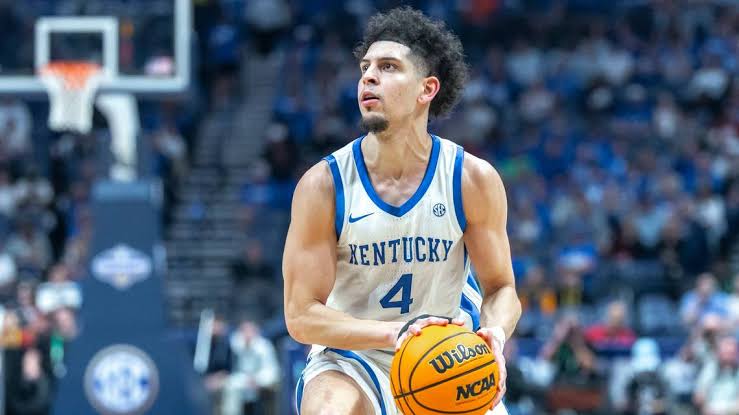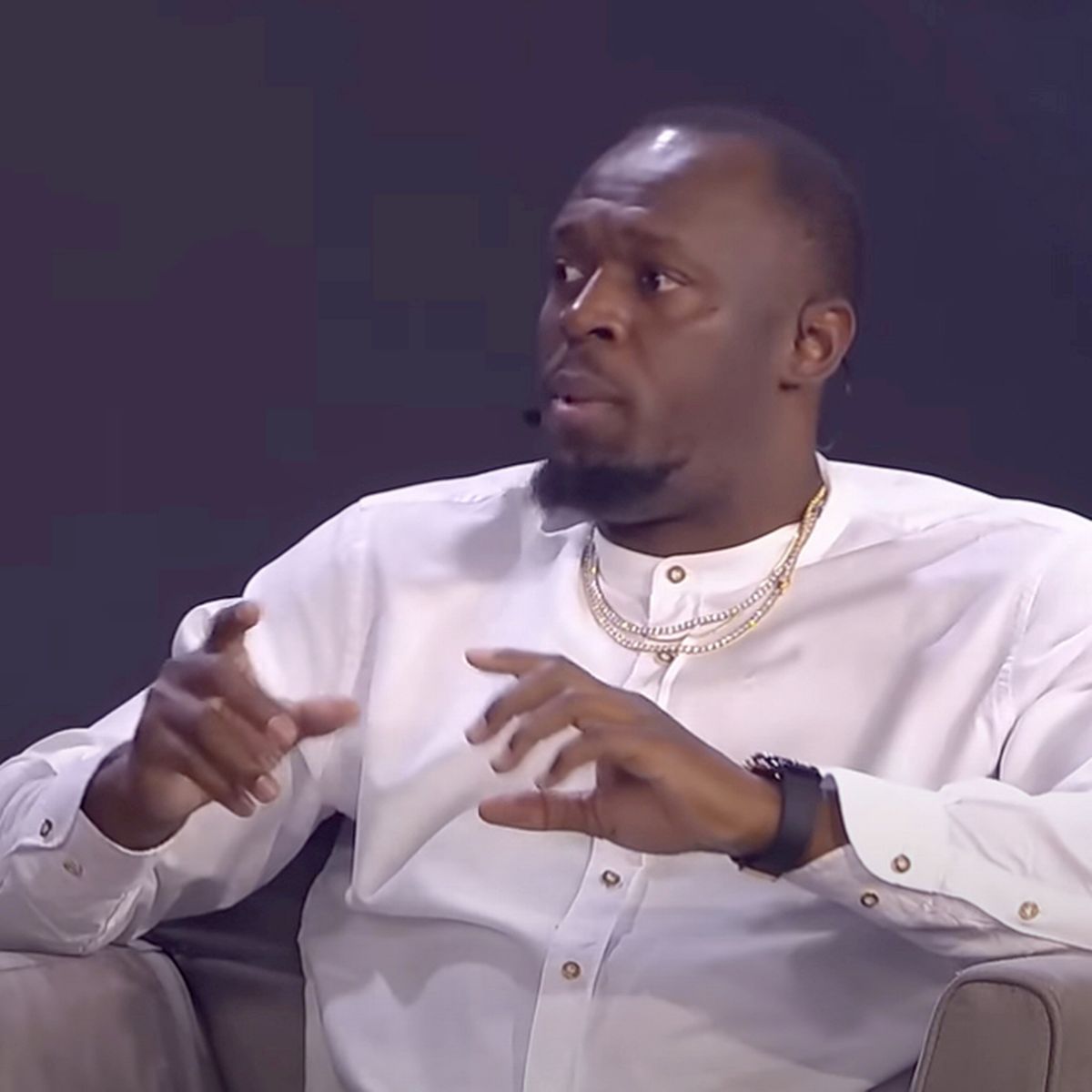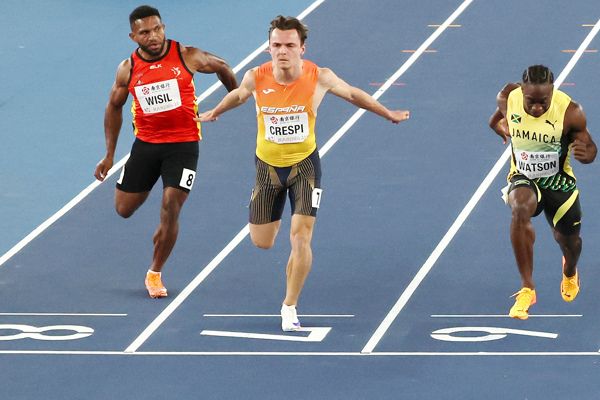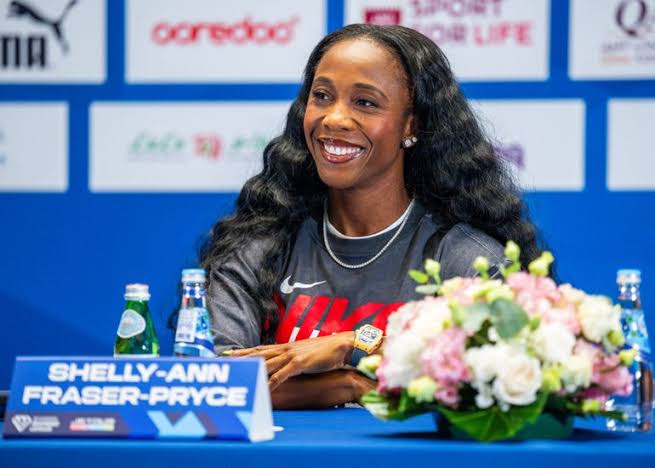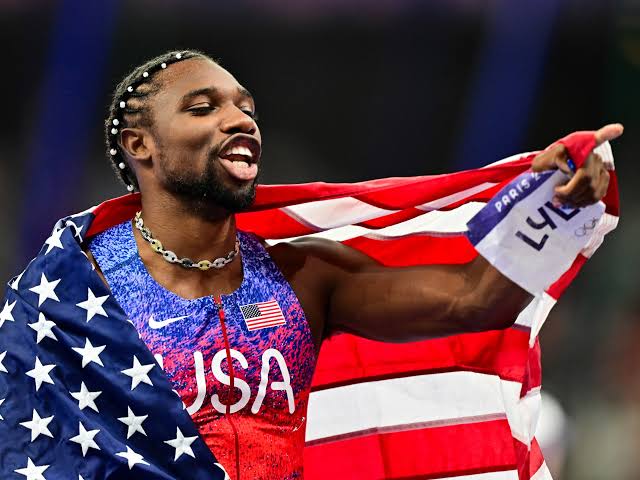Kentucky men’s basketball coach Mark Pope talks about his roster during a press conference on May 13, 2025, in Lexington. By UK AthleticsAs he was contemplating his own basketball future — the decision of whether to stay in the NBA draft or return to Florida — Alex Condon was hit with some surprising news.
Denzel Aberdeen, his Gators teammate for the past two seasons, was not only departing the program that had just won the national championship, but he was leaving it to go play for a league rival — the Kentucky Wildcats.
“It was pretty surprising,” Condon told the Herald-Leader from the NBA Combine in Chicago. “I thought it was pretty much a lock for him to come back and be our starting point guard next year. But, you know, all things happen for a reason. But I wish Denzel the best. He’s one of my brothers. We won the national championship together, so it’s been pretty special. And I just wish him the best.”
Former Kentucky player Koby Brea was also surprised by the acquisition.
It didn’t catch Brea off guard that coach Mark Pope would want Aberdeen on his 2025-26 roster, but to actually be able to pick up such a valuable player from the defending national champions was quite the stunner.
“I was a little shocked,” Brea said. “But I know that Coach liked him a lot as a player, because even when we played against Florida, he spoke very highly about everything he did. So we got to see that he was a really good player. And now to see him go to Kentucky, I think it’s pretty big.”
Aberdeen, who played three years at Florida — all under head coach Todd Golden — averaged 7.7 points in 19.7 minutes per game this past season. He played at least 14 minutes in each of the Gators’ six NCAA Tournament games — scoring seven points in 18 minutes in the national title game victory against Houston — and filled in all around the perimeter as a junior, chipping in as a backup point guard at times.
Like Condon said, he was expected to play an even bigger role during the 2025-26 season, likely stepping into a starting spot for a team with realistic hopes of returning to the Final Four.
Instead, he decided to spend his final year of college basketball playing for an SEC rival.
Not everyone was surprised by Aberdeen’s unorthodox move.
While records related to name, image and likeness compensation are not publicly available, it’s known in college basketball circles that Aberdeen entered the transfer portal in search of better NIL possibilities than he was set to receive at Florida next season.
Kentucky, obviously, was able to lock down his commitment.
“I really wasn’t surprised. I mean, honestly, the way college basketball is going, everybody is their own CEO,” said Florida guard Alijah Martin, who is out of college eligibility. “And it’s a business. So you got to do what’s best for you sometimes. I’m not really surprised, but I respect his decision, for sure.”
Walter Clayton Jr., the Gators’ Final Four MVP and another player who’s finished with college basketball, struck a similar tone.
“I wouldn’t say surprised,” he said of Aberdeen’s decision. “Obviously, Zell is a great kid. That’s my brother. You know, we’ve been at war together. Zell is a great guy, and he made the best decision for himself.”
All three Gators raved about their time spent alongside Aberdeen, who is expected to play a major role in Kentucky’s backcourt, which projects to be among the nation’s best next season.
“He’s an unbelievable teammate, man,” Martin said. “He’s a very selfless guy. He’s a worker. And he loves to be coached. So Denzel is going to be really good for Kentucky, for sure.”
While Aberdeen was largely a bench player during his time in Gainesville, he did get the opportunity to start five consecutive SEC games late in the season. During that stretch, he averaged 14.4 points in 29.8 minutes per game, shooting 12-for-29 (41.4%) on 3-pointers.
Florida went 5-0 with Aberdeen in the starting lineup, with an average winning margin of 15.2 points during that span, which included a 90-81 win at No. 1-ranked Auburn.
“I think he’s gonna be a killer,” Condon said. “I mean, he works really hard. I’ve never seen anyone work as hard as Denzel does. He had three years at Florida, and this season, he kind of put some stuff together — he started a few games — and started playing really well.
“But there’s a lot of guys, and he’s gonna have to prove himself with Kentucky, too.”
Clayton, who’s projected as a first-round pick in this year’s NBA draft, said he’s hoping the 2025-26 schedules align so he can catch his former teammate in person at his new school. Just don’t expect the Gator great to be wearing blue and white.
“I expect a great season,” Clayton said. “I’m hoping to make it to one of the games. He says he’s got a ticket ready for me. I’ll be wearing a Gators Denzel jersey.”
Would he be brave enough to wear that jersey in Rupp Arena?
“Wherever,” Clayton declared with a smile. “Wherever it is.”
